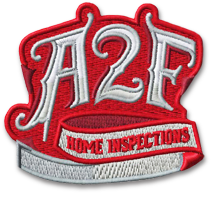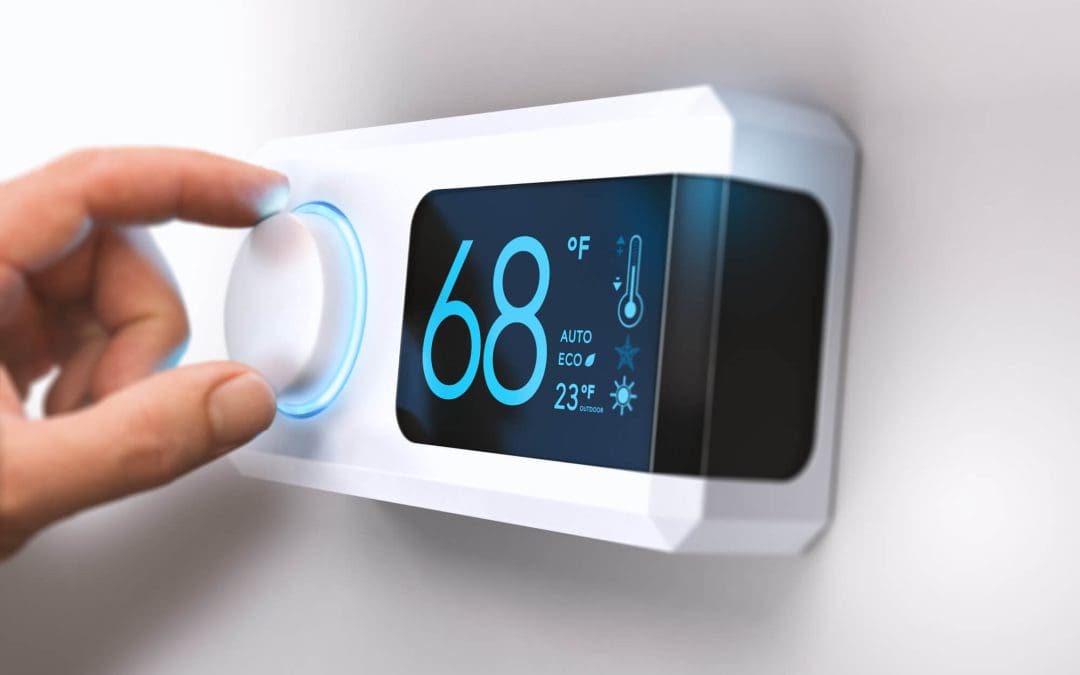Winter brings cozy evenings, warm blankets, and higher energy bills. Many homeowners see a noticeable spike in heating costs during the colder months. A few simple strategies will help you save energy, keep your home comfortable, and reduce your utility expenses. Here’s how to prepare your home for an energy-efficient winter.
Seal Gaps and Cracks to Save Energy
Small gaps around windows, doors, and even electrical outlets can let cold air seep in and warm air escape. Inspect your home for drafts and seal them with weatherstripping or caulk. Pay close attention to the areas around doors and windows, which are common trouble spots. Even tiny leaks can make your heating system work harder than necessary.
Upgrade Your Insulation
Proper insulation acts as a barrier to keep warm air inside. If your attic, walls, or crawl spaces lack sufficient insulation, your home may lose heat rapidly. Check if your current insulation is up to par. Upgrading to higher-quality materials reduces heat loss and improves energy efficiency.
Save Energy with a Programmable Thermostat
A programmable thermostat is a smart way to manage your home’s temperature. Set it to lower the heat while you’re away or sleeping, then warm things up before you return or wake up. This saves energy and makes your home more comfortable. If you haven’t already installed one, it’s worth considering.
Take Advantage of Natural Sunlight
Sunlight is a free and effective way to warm your home during the day. Open your curtains or blinds on south-facing windows to let the sun’s rays in. Once the sun sets, close them to add an extra insulation layer. This simple habit can make a noticeable difference in maintaining a warm indoor temperature.
Service Your Heating System
Your furnace or heat pump works overtime during the winter months. Regular maintenance ensures it’s operating efficiently. Replace air filters every few months and schedule a professional tune-up annually. A well-maintained system uses less energy and lasts longer.
Reverse Ceiling Fans
Most people associate ceiling fans with cooling, but they also help circulate warm air. Switch your fan to run clockwise at a low speed during the winter. This pushes warm air that rises to the ceiling back down, keeping your living space evenly heated.
Optimize Your Water Heater to Save Energy
Water heating is a significant energy expense. Lowering your water heater’s temperature to 120°F can save energy without sacrificing comfort. Insulating your water heater and its pipes further reduces heat loss, helping you save on your energy bill.
Add Insulated Window Treatments
If your windows feel cold to the touch or let in drafts, insulated curtains or thermal blinds can make a big difference. They add a layer of protection that prevents heat from escaping, making your home more energy-efficient and comfortable.
Implementing these tips will save you energy this winter while creating a cozier, more comfortable home. If you have any questions about improving your home’s energy efficiency, consider seeking expert guidance from a professional.
FAQs
How can I tell if my home is losing heat?
Check for drafts around doors and windows, and inspect your insulation. You can also use a thermal imaging device or hire a professional home inspector to identify areas where heat loss occurs.
Are space heaters a good option for saving energy?
Space heaters can be energy-efficient when used to warm a single room, but they are less efficient for heating large areas. Use them sparingly and turn off when not in use to avoid unnecessary costs.
How often should I replace my HVAC filters?
Filters should be replaced every one to three months, depending on usage. A clean filter helps your system run more efficiently and improves indoor air quality.
Is it expensive to install a programmable thermostat?
Programmable thermostats are relatively affordable, with basic models starting at around $30. The energy savings they provide typically offset the initial cost within a year.
Do energy-efficient upgrades qualify for tax incentives?
In many cases, yes. Certain energy-efficient home improvements, such as insulation upgrades or installing Energy Star-certified appliances, may qualify for tax credits or rebates. Check with your local utility company or a tax professional for details.
Attic to Foundation offers professional inspection services to homebuyers and sellers in the greater Atlanta area. Contact us to request an appointment.

